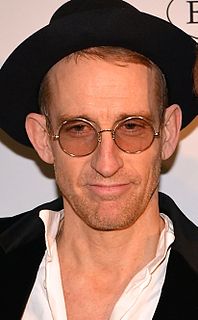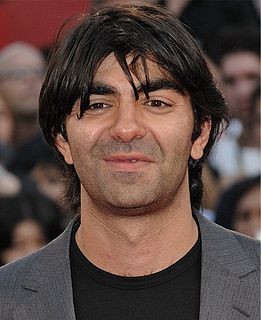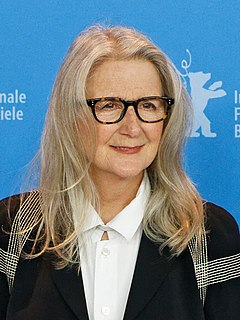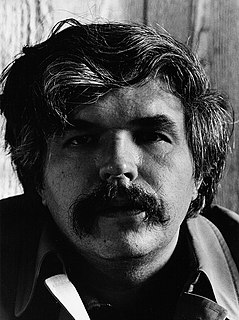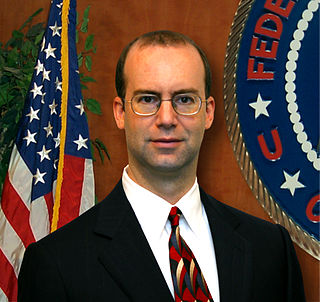A Quote by Xiaolu Guo
Somehow, in the novel format, I don't really like to do upfront, ideological discussion. In my heart, literature remains a poetic and ambiguous medium. On the other hand, I trained as a documentary filmmaker in film school, so my films very much reflect reality and socio-political problems. They're less subtle I would say.
Related Quotes
Most people look at a feature film and say, "It's just a movie." For me there is no border or wall between fiction and documentary filmmaking. In documentaries, you have to deal with real people and their real feelings - you are working with real laughter, happiness, sadness. To try to reflect the reality is not the same as reality itself. That's why I think that making a good documentary is much harder than making a good feature film.
Film is a temporal medium as much as it is a visual medium: you're playing with time, and you don't have that ability where someone can pause at home. That's such a fundamental part of what makes filmmaking exciting to me. I don't really have as much interest in any other medium. I just like the control.
You can't really divorce women's struggles in the world from women's in the cinema. As long as there's hierarchy it means that women are somehow secondary or second class or less than. That's going to be reflected in movies because films are the most powerful medium to reflect back society's view of itself
Peter Kubelka is the perfectionist of the film medium; and, as I honor that quality above all others at this time finding such a lack of it now elsewhere, I would simply like to say: Peter Kubelka is the world's greatest filmmaker - which is to say, simply: see his films!...by all means/above all else...etcetera.
Well, there's two things I have criteria for doing a film: The script, which is the story, and the filmmaker, and it's a filmmaker's medium. I like really strong directors, and so when I do a film, I'm out there to serve the director, really, which is in turn to serve the script, to serve the director cause he's the one making the film. I relied on Todd Haynes for that.
It is clear from a common sense viewing of the program that coarse language is a part of the culture of the individuals being portrayed. To accurately reflect their viewpoint and emotions about blues music requires airing of certain material that, if prohibited, would undercut the ability of the filmmaker to convey the reality of the subject of the documentary.
In Mexico, audiences want to see a big discussion around a film - what we expect from Hollywood films worldwide is more of an entertaining show. 'Y Tu Mama Tambien' was a road movie and comedy, but it had a very strong political connotation that sparked a discussion in Mexico that is still going on.


